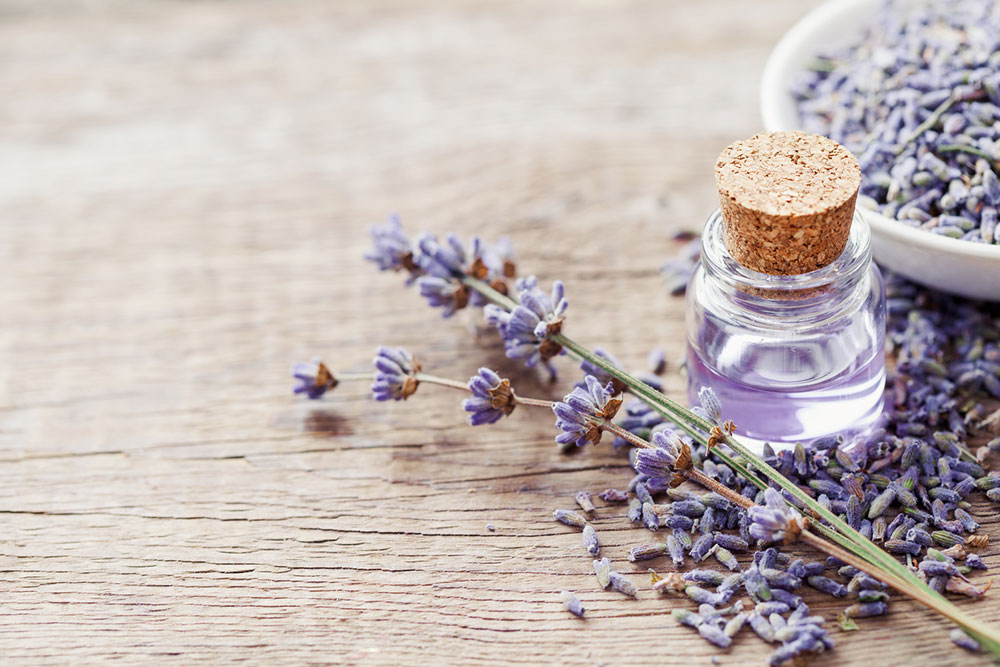Natural scents and ingredients that repel mosquitoes

An age-old and well-known strategy to counter mosquitoes is through the use of specific scents and ingredients. There are a host of smells that humans find pleasing, while mosquitoes are incredibly repulsed by them. Natural ingredients and the scents they create are better than synthetic chemicals and sprays. This is because organic mosquito repellents tend to be better from a health perspective. Based on those constraints, here are some key mosquito-repelling components:
Natural ingredients that repel mosquitoes
Pennyroyal
Known biologically as Mentha pulegium, Pennyroyal has several qualities that make it so effective in keeping mosquitoes (or any other kinds of pests) away. Pennyroyal has a powerful and dreamy smell that resembles the odor of freshly-cut mint leaves. One can crush the leaves of this plant to release their natural oils that can be used in anti-mosquito sprays later. Alternatively, people can rub the crushed leaves on their skin to make themselves repulsive to the pests.
Sage
Known in botanical lingo as Salvia officinalis, sage is another fragrant herb with many medically favorable and mosquito-repelling properties. Like the previous plant, sage also has a soothing yet powerful aroma that is effective against a range of pests. One can place potted sage plants around their houses and gardens to convert them into anti-mosquito zones on their property. Another effective way to use sage is by tying together its bundles and burning them. As is the case with incense sticks, the fumes of burning sage bundles provide adequate protection from mosquitoes when one is outdoors.
Citronella
Citronella is an organic oil that can be concocted by mixing a group of specific sweet-smelling herbs. The individual powers of each herb come together to create an effective and reliable organic mosquito repellent. In fact, several studies and experiments have found that citronella fumes and candle scents can offer up to 50% more protection for several hours compared to many chemical-based repellents. However, one must get the percentages right when combining the herbs to create a Citronella repellent; otherwise, the oil may evaporate just as quickly as it is applied on any surface.
Cinnamon oil
The oil’s qualities as a mosquito repellent can often go under-appreciated when the oil’s incredible taste-making capabilities often take center stage. However, cinnamon oil can help people with red skin and the itchiness that comes with mosquito bites. The oil’s smell also effectively repels large and dangerous pests like the Asian tiger mosquito. One can make a diluted mix consisting of 1% cinnamon oil and create a spray out of the mix. Then, one can sprinkle or apply it on zones prone to mosquito infestation or breeding. Also, overusing this oil can cause skin burning and irritation for many hours.
Top scents that prevent mosquito bites
Here are some of the best smells that mosquitoes cannot stand:
Lavender
Lavender’s delightful scent is known all around the world for its soothing qualities. This is why lavender candles and soaps are among the bestselling products. Additionally, mosquitoes are highly repulsed by the lingering scent of lavender. To keep mosquitoes at bay, one can simply light a lavender-flavored candle or incense stick in their garden, porch, or backyard to see just how effective it is. One can even use lavender oil and spray it around their house to keep themselves mosquito-free for several hours.
All in all, lavender is just as soothing and pleasant to humans as it is revolting and repulsive to pesky mosquitoes.
Lemongrass eucalyptus
The scent of lemongrass eucalyptus is so effective in countering the threat of mosquitoes that the CDC has recommended its usage to prevent mosquito ticks and bites in people. Like lavender, this plant’s sweet smell is directly at odds with the senses of mosquitoes. They are highly allergic to this plant’s smell, making it one of the best insect repellents. One can use this plant’s oil in a diffuser or candle to make rooms and entire houses completely mosquito-free.
Peppermint
As alluded to earlier, the scent of peppermint can keep mosquitoes away from houses and people, thereby reducing the possibility of sustaining a mosquito bite indoors or outdoors. The presence of peppermint tends to seriously affect the senses of mosquitoes and a whole host of pests too. One can either use peppermint oil as a spray after crushing it and extracting its oil, or one can simply apply peppermint leaves on their skin to make themselves completely impermeable to mosquitoes and their bites. The effectiveness of peppermint’s scent is the reason why so many synthetic mosquito repellents use peppermint accents and flavors to make themselves more powerful against pests. Peppermint oil and sprays are available in the market for use.
Basil
Basil, like cinnamon, tends to be known more for its taste-enhancing qualities than its mosquito-repelling ones. However, when it comes to keeping mosquitoes away, this herb surpasses all other ingredients and scents. Its potency as a natural mosquito repellent is unmatched and highly effective. The smell of basil plants and leaves tends to drive mosquitoes to irritation, making any space in which they are placed or present a completely mosquito-free zone for hours on end. Basil’s effectiveness is one of the reasons why people prefer to keep it indoors and in their gardens.
Marigold
Marigold’s beauty and aesthetic appeal somewhat overshadow its tremendously mosquito-repelling scent. Marigold is perfectly safe to keep in pots or baskets in and around the house with families as well as pets. However, the scent of marigolds is toxic to mosquitoes. Apart from using the marigold plant’s effectiveness, one can also use marigold oil as a spray or an application on the skin to reduce the possibility of getting bit by mosquitoes.
Apart from these scents, one can check out mosquito-repellent options like rosemary, garlic, lemon balm, catnip, grapefruit, lemongrass, pine oil, and chili peppers, among other odors.


